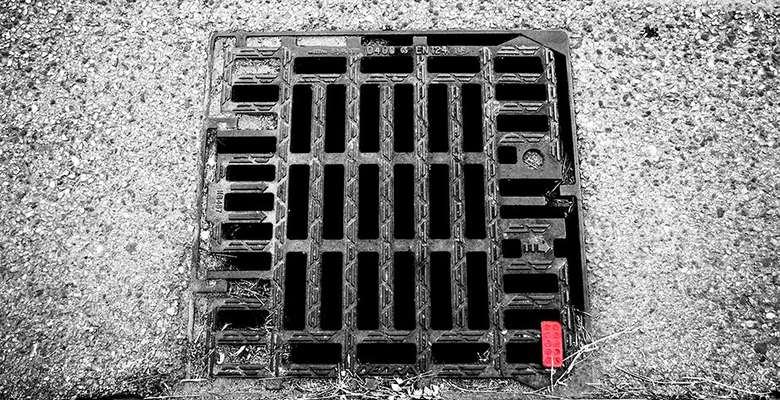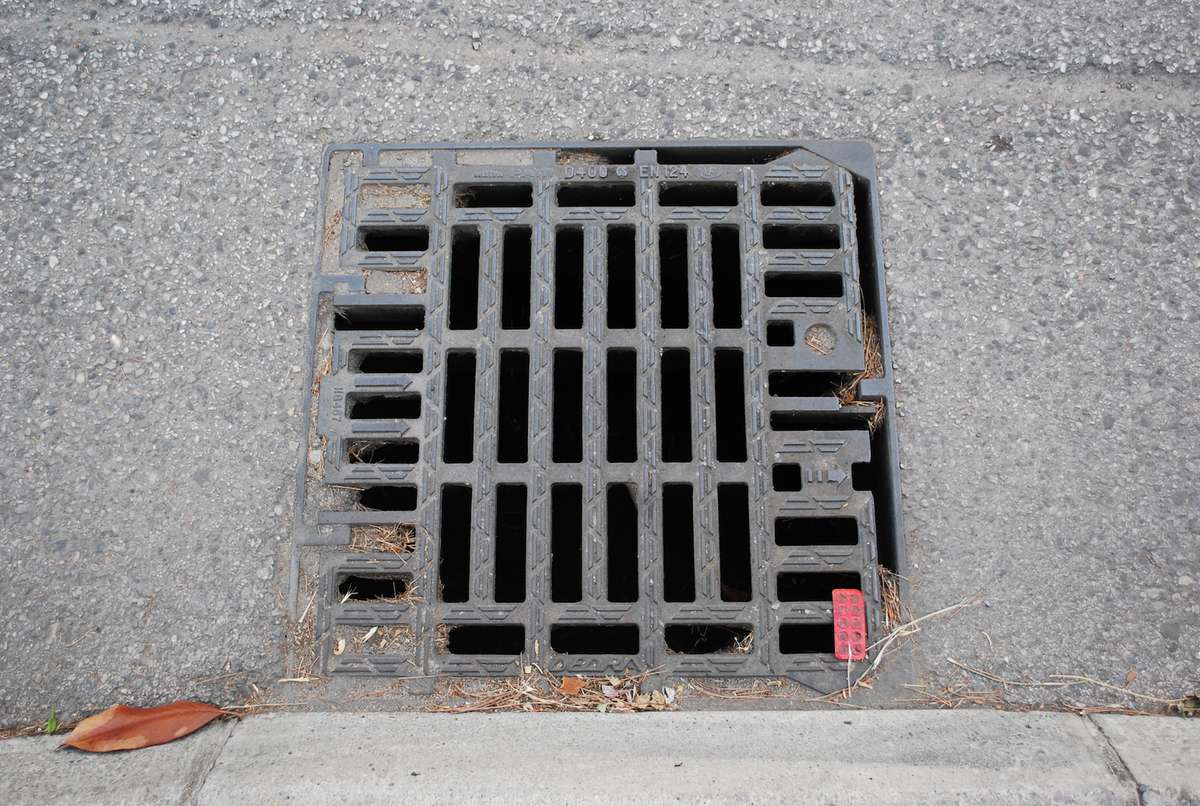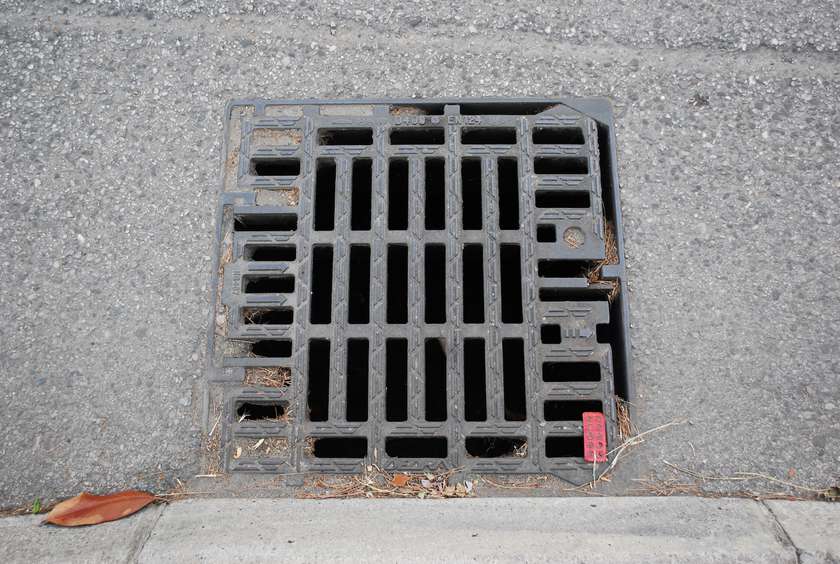Idea by
Sonja Lakić and Verena Lenna
Call for ideas 2020
F00-F99*
F00-F99*

- Systemic changes
“The way we care for people with mental health problems is creating a hidden human rights emergency” (Kinderman, 2019): we believe that mental health is beyond a personal issue, it is rather a social challenge. By addressing mental health, F00-F99 aims to establish a school of thought for a shift in the ethics of architecture. We call for a systemic change by going beyond the borders of the discipline, working across scales and collaborating with experts from different fields. Through a series of public events, such as those facilitated by the FA platform, as well as workshops, webinars, publications, and exhibitions, we will engage in a dialogue with practitioners, scholars, survivors and those still struggling. The ultimate purpose is to formulate a manifesto for architecture as an infrastructure of care: a reference for the future generations of architects, educational curricula, stakeholders and institutions.
*World Health Organisation: F00-F99 Mental and behavioural disorders

A blister of LEXILIUM, a lipophilic, long-acting benzodiazepine with sedative, hypnotic, anxiolytic and skeletal muscle relaxant properties found in the streets of Podgorica, Montenegro, June 2017. Photo: Sonja Lakić
F00-F99*
F00-F99*

- Systemic changes
“The way we care for people with mental health problems is creating a hidden human rights emergency” (Kinderman, 2019): we believe that mental health is beyond a personal issue, it is rather a social challenge. By addressing mental health, F00-F99 aims to establish a school of thought for a shift in the ethics of architecture. We call for a systemic change by going beyond the borders of the discipline, working across scales and collaborating with experts from different fields. Through a series of public events, such as those facilitated by the FA platform, as well as workshops, webinars, publications, and exhibitions, we will engage in a dialogue with practitioners, scholars, survivors and those still struggling. The ultimate purpose is to formulate a manifesto for architecture as an infrastructure of care: a reference for the future generations of architects, educational curricula, stakeholders and institutions.
*World Health Organisation: F00-F99 Mental and behavioural disorders

A blister of LEXILIUM, a lipophilic, long-acting benzodiazepine with sedative, hypnotic, anxiolytic and skeletal muscle relaxant properties found in the streets of Podgorica, Montenegro, June 2017. Photo: Sonja Lakić